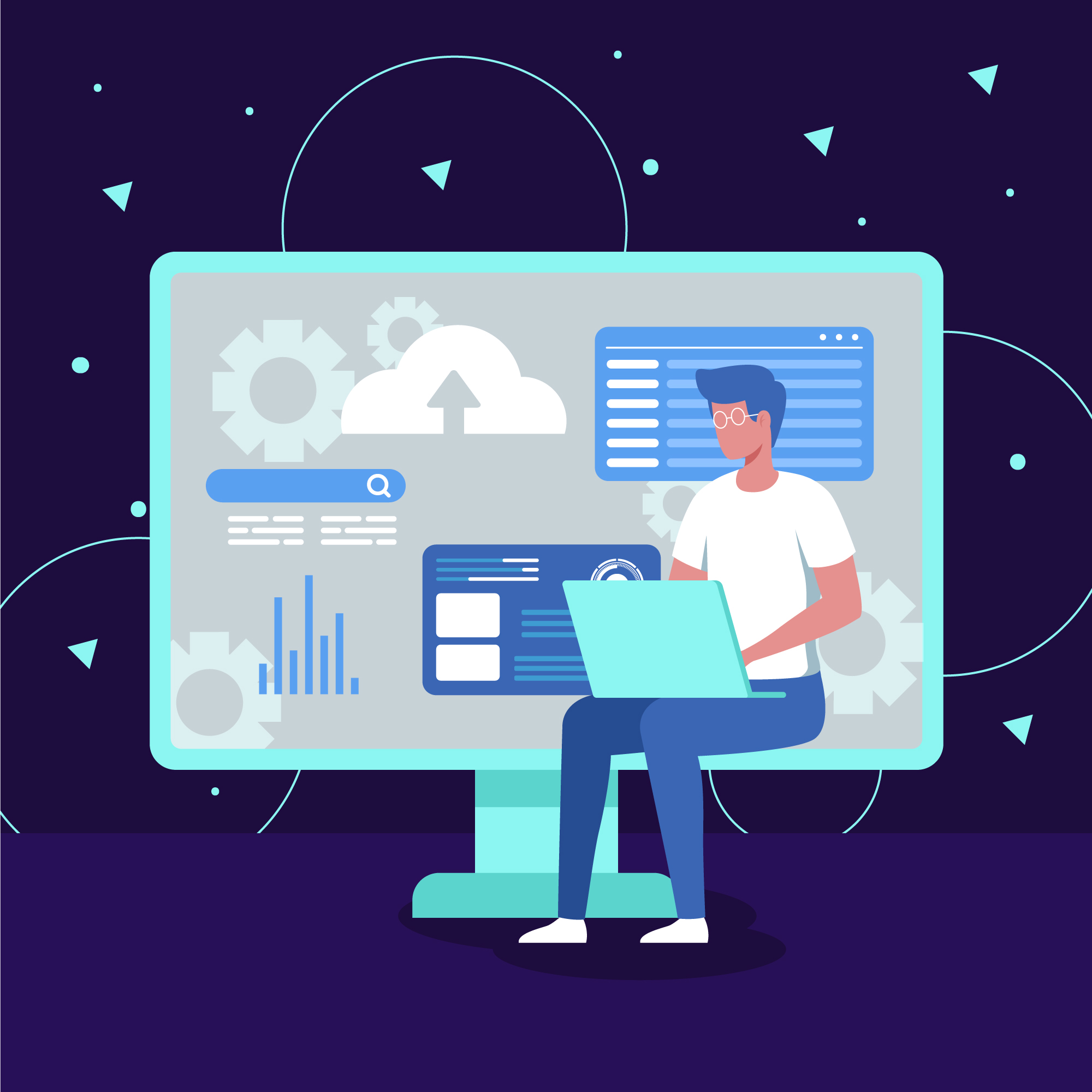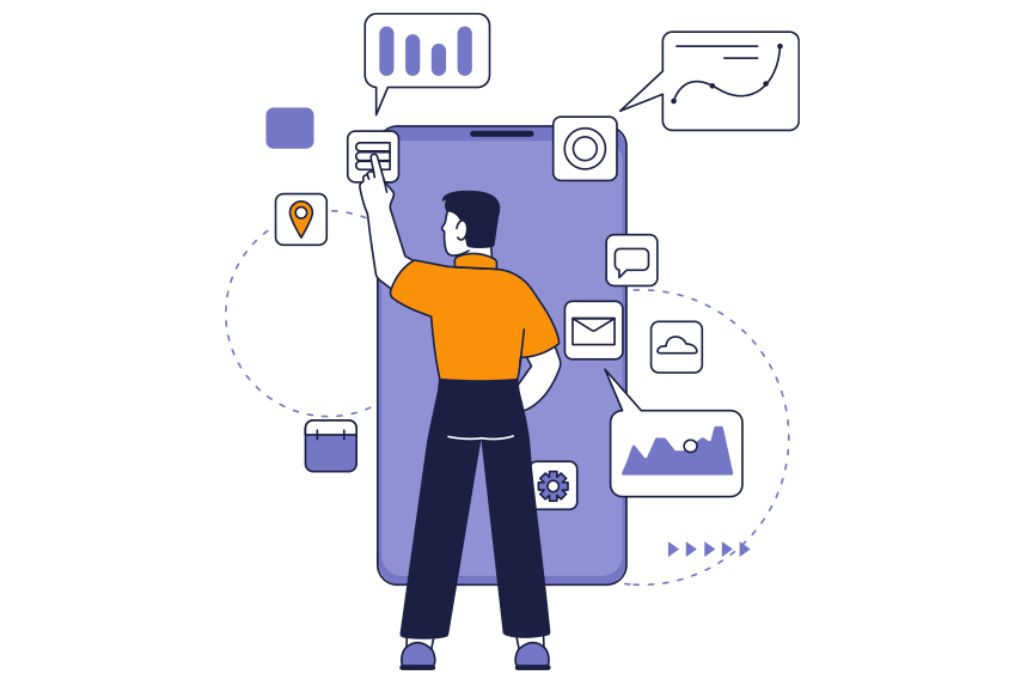In today’s fast-paced business world, agility and efficiency are essential. With legacy systems often hindering progress, businesses are turning to Integrated iPaaS Solutions to smooth the transition to the cloud. But what exactly is iPaaS, and how can it help your business? Let’s break it down.
What is iPaaS?
iPaaS (Integration Platform as a Service) is a cloud-based solution that enables the seamless connection and integration of various applications and data sources. It allows businesses to automate data flows between cloud-based applications, on-premises systems, and third-party services, ensuring that everything works together in harmony.
Why Transition from Legacy Systems?
Legacy systems are typically on-premise solutions that, while reliable at one point, struggle to keep up with the demands of modern business processes. As technology advances, these outdated systems can become bottlenecks, preventing businesses from scaling efficiently or adapting to new business needs. Integrated iPaaS Solutions offer an efficient, cloud-based way to streamline operations and stay competitive.
Challenges with Legacy Systems
Before diving into how Integrated iPaaS Solutions can help, let’s first understand the key challenges businesses face when using legacy systems.
Outdated Technology
Legacy systems are often built on old technology that may no longer be supported. This can lead to compatibility issues, making it difficult to integrate with modern software or systems.
Scalability Issues
As businesses grow, the need for scalable solutions becomes more pressing. Legacy systems, often rigid and inflexible, struggle to handle increased data volumes and transactions.
Integration Difficulties
Many legacy systems were not designed with integration in mind. As a result, businesses often find it challenging to link their old systems with newer applications, which can result in data silos, duplication, and inefficiencies.
Benefits of Integrated iPaaS Solutions
Now, let’s explore the key benefits of transitioning to Integrated iPaaS Solutions.
Seamless Integration of Systems
iPaaS solutions provide pre-built connectors and templates that make it easy to integrate a wide variety of systems and applications, whether they’re on-premises or in the cloud. This enables businesses to link legacy systems with modern tools, eliminating the need for manual data entry and reducing errors.
Enhanced Scalability
Unlike legacy systems, which often struggle to keep up with growth, Integrated iPaaS Solutions are designed to scale effortlessly. Whether you’re handling more data, more transactions, or more users, iPaaS can adapt to your business’s evolving needs.
Cost Efficiency
Moving to the cloud with an iPaaS solution can significantly reduce costs associated with maintaining and upgrading legacy systems. There’s no need for expensive hardware or IT staff to manage outdated systems. Additionally, cloud-based platforms usually operate on a pay-as-you-go model, reducing upfront investments.
Improved Security
iPaaS solutions often come with built-in security features such as data encryption, access controls, and compliance with industry standards. This ensures that your business’s data is secure, even as it moves between multiple systems.
Faster Time-to-Market
By streamlining integrations and automating data flows, Integrated iPaaS Solutions reduce the time it takes to implement new applications and features. This allows businesses to bring products to market faster and gain a competitive edge.
How Integrated iPaaS Solutions Enable Smooth Transition
Transitioning from legacy systems to the cloud can seem daunting, but with the right tools, it doesn’t have to be. Here’s how Integrated iPaaS Solutions make the process smoother:
Simplified Data Integration
Rather than relying on complex, manual processes to move data between systems, iPaaS allows businesses to integrate data automatically. This simplifies workflows, reduces errors, and ensures that all systems are up to date in real time.
Real-Time Data Syncing
With Integrated iPaaS Solutions, data flows in real-time, which means that information is always accurate and up to date across all platforms. This is especially important for businesses that rely on timely data for decision-making.
Reduced Manual Effort
By automating repetitive tasks and data integrations, iPaaS solutions free up valuable resources. Your IT team can focus on more strategic tasks, rather than constantly troubleshooting integration issues or managing outdated systems.
Steps to Transition from Legacy Systems to Integrated iPaaS Solutions
Transitioning to the cloud doesn’t happen overnight, but following these steps can make the process seamless:
1. Assessing Current Systems
Before you make any changes, take a close look at your existing systems. Understand what’s working, what’s not, and where improvements can be made. This will help you choose the right iPaaS solution and ensure a smooth transition.
2. Selecting the Right iPaaS Solution
Not all iPaaS solutions are the same. Look for a solution that supports your business’s specific needs, including integration with your current systems, scalability, and security features. Make sure the iPaaS solution is flexible enough to grow with your business.
3. Implementing the Integration
Once you’ve selected an iPaaS solution, begin the integration process. This may involve connecting your legacy systems to the new platform, migrating data, and testing the solution to ensure everything works as expected.
4. Monitoring and Optimizing the System
After the integration is complete, monitor the system’s performance to ensure that everything is running smoothly. Optimize your integrations and workflows over time to maximize efficiency.
Conclusion
Transitioning from legacy systems to the cloud is an essential step for businesses looking to stay competitive in today’s fast-moving world. By adopting Integrated iPaaS Solutions, you can streamline operations, improve scalability, and reduce costs. The cloud offers a flexible, secure, and efficient way to future-proof your business and enhance your IT capabilities. If you’re ready to take the leap, an iPaaS solution could be the key to unlocking new opportunities and taking your business to the next level.



